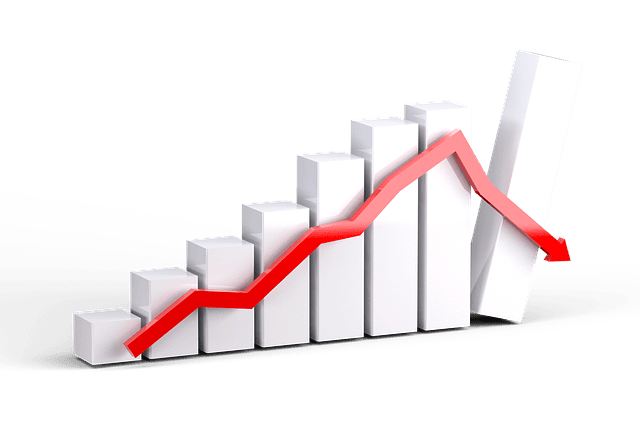Clearly, we are witnessing a number of very negative and alarming local and world events playing out around us with relentless, 24/7 news coverage. In addition and often in response to these issues, the investment markets are down significantly since the start of the year and we are seeing the results of this reflected in our 401k balances. It is safe to say that we all are feeling some anxiety.
While we can’t predict future events, here are a few fundamental financial/investment concepts that are good to keep in mind especially at moments like these when managing your 401k plan:
Stock market corrections happen regularly
We should expect them. Historically however, stock market corrections are followed by stock market recoveries. The recoveries/bull markets tend to be longer and bigger than the corrections, which makes sense and explains why over the long term stocks have produced positive returns despite the periodic downturns in the market. Here is a link to an interesting article that provides some historical detail.
https://www.schwab.com/learn/story/market-correction-what-does-it-mean
Keep contributing during corrections
Here is an interesting behavioral phenomenon. During an extended market downturn, our latest quarterly account statement may be lower than the previous one despite having added new contributions each payday all during the quarter. It may feel like we have “thrown our money down a rat hole” (and we have heard more colorful descriptions) which is painful. Our brains are conditioned to avoid pain and we may feel a strong emotional urge to stop contributing to the plan until things improve.
In reality, the opposite is true. Because the market has dropped, our new contributions are buying shares at lower prices. Our contribution this payday is the same as last payday but it buys more shares because the share prices are now cheaper. When the market recovers, the cheap shares produce the greatest gains. Buy low, sell high!
Remain disciplined
Stock market corrections tend to create anxiety and stock market recoveries tend to create euphoria. In the extreme, both can cause us to make bad, undisciplined investment decisions. In bad times, trying to actively time the market decline seems logical but in reality is quite difficult. Most investors sell too late to avoid losses and then wait too long to buy back in missing the heart of the recovery. Historical evidence shows us that undisciplined investors tend to underperform those that use a well-diversified portfolio and stick with it during good and bad times.
Most 401k plans have a series of Target Date funds and or asset allocation funds. These are examples of well-diversified portfolios that are rebalanced periodically to remain consistent in their allocation among the different and essential types of investments. Unless you really enjoy and are willing to spend the time to actively manage your plan investments, it may be optimal to select one of these funds that best matches your risk tolerance and leave the heavy lifting to them.
Winfred Jacob, CFP®
Senior Financial Advisor


